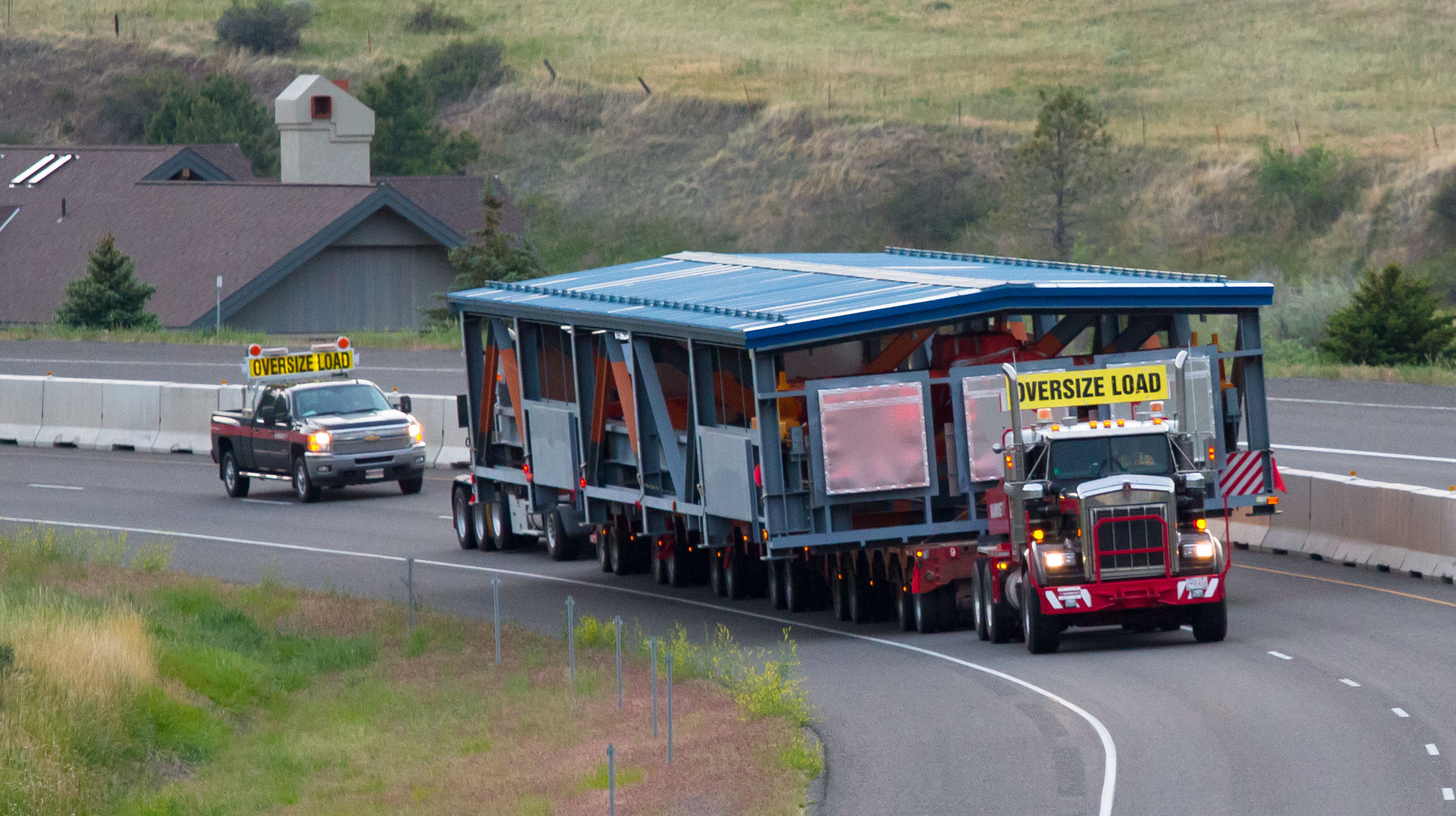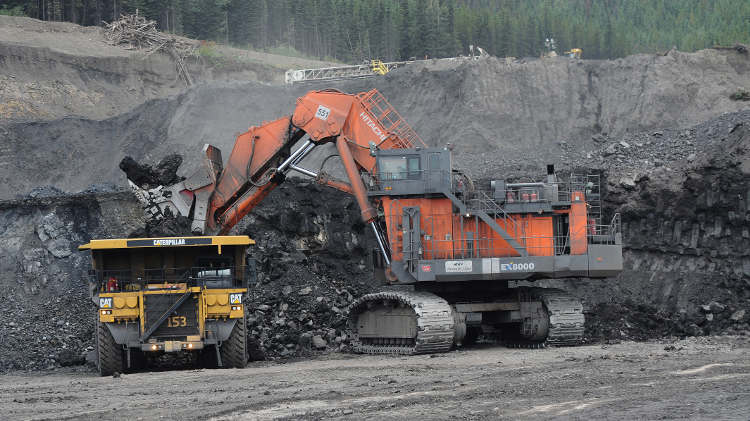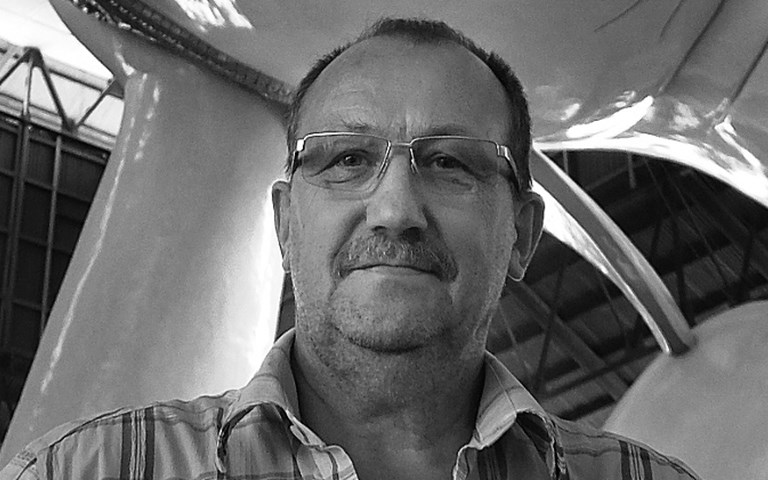Patrick Dick was 25 when he first arrived in Myanmar, following a one-year stint in Baghdad during the Iran-Iraq war in 1983. It was a rare opportunity for the young Swiss to live in the country and do logistics work for a German multinational. At the time, Myanmar (then Burma) was one of the world’s most isolated countries, and a difficult environment for foreigners meant Dick could stay for only one year. However, with the gradual lifting of Myanmar’s so-called “bamboo curtain,” made possible by a series of political and economic reforms over the last three years, he can once again work in the country. Dick has been based in Bangkok for the past 26 years, most of which he has spent as owner and managing director of The Freight Co. In 2004 he also founded the Global Project Logistics Network, a professional network of logistics companies. Over the course of his many years working in Southeast Asia, Dick has gained invaluable insight into several countries including Myanmar, Vietnam, Laos, and Thailand.
CIM: Can you tell me about the origins of your company?
Dick: The Freight Co. got started in 1996 in Bangkok. It grew out of frustrations that my fellow Swiss and I endured in the early 1990s while doing logistics work for different multinationals. Countless mergers and takeovers, management changes, and overnight changes in company policies gave many of us the idea to start out on our own. We began in Vietnam in 2004 and launched our operation in Myanmar in 2013. Up to now the vast majority of our business has been in Thailand. Vietnam was good in the early years but is now stagnating. We see a lot of potential in Myanmar.
CIM: Why is that?
Dick: Myanmar is known to be the richest country in natural resources in Southeast Asia. It is rich in minerals including metal ores, petroleum and natural gas, and also has significant deposits of precious and semi-precious stones. Deposits of silver, lead, zinc, copper and gold can be found as well. Myanmar also has abundant reserves of limestone, which is an important factor for the expected construction boom.
CIM: What kind of projects have you been working on in the mining sector?
Dick: I have worked mostly on gold and copper projects. The mining business in Indochina and Thailand is not huge. Presently I’m working on two projects in Myanmar. One is a manganese ore mine and the other is to set up the logistics for an aggregate mine. This will be a 10-year project and the volume predictions are quite high. I think the growth of the mining business in Indochina will remain slow, except maybe for Laos. For Myanmar, I see a big future but there is an old mining law dating back to 1994 that needs to be reformed. Most foreign investors are holding out for this as they think that changes to the expectation of signature bonuses and the terms of production-sharing contracts are necessary to make investment attractive in this sector.
CIM: What type of mining companies are you working with?
Dick: The companies are primarily small- and medium-sized privately owned companies, as the multinationals are more conservative concerning Myanmar. The products vary and depend on what the investors can get their hands on. Asian entrepreneurs don’t like to spend time preparing; they often just follow a hunch and give it a go. At the moment the operations are small in comparison to mining in other parts of the world. They are shipping mostly within the region as far as aggregate and manganese ore is concerned, as shipping costs do not allow for the commodity to be transported far. It is different though for high-value cargo such as copper.
CIM: What are the major logistics challenges for mining in Myanmar?
Dick: Infrastructure. About 98 per cent of Myanmar’s infrastructure goes back to British rule, which lasted from the early 19th century until just after the Second World War. Hardly anything has been regularly maintained or renovated since then. Transport of goods on Myanmar’s road network is a real challenge. In many cases we have to combine the transport on the road with an earlier leg on a river, which poses plenty of other difficulties. Especially challenging and important is the Ayeyarwady River, which connects the mineral-rich north to the southern ports. Once the rainy season is over, the river’s draught reduces quickly, and only the lower part of the river can be used to transport large equipment. The west monsoon frequently interrupts deliveries from June to August, and can have a severe impact on mines in the south, especially near the coastline.
CIM: How do you address these issues?
Dick: Planning is the most important factor. We need to survey the transport route for virtually every project, and we need to assess what equipment we need to bring along. Once you leave Yangon there is hardly any equipment available, so forgetting a small crane can become quite expensive.
CIM: How is it working with the government and local bureaucracy?
Dick: There are plenty of challenges, mostly because the systems are still largely based on the British days. By creating new government entities over the years they have produced many offices that overlap one another. This has been undergoing a gradual restructuring with the opening up of the country. The government is trying to keep up and they are constantly pushed by the outside world to do more, faster. I think the government has done a respectable job considering the huge scope of reform and the amount of resources they have. The local people are quite helpful but most things need much more time in Myanmar than in the rest of the world. My formula for calculating driving time is that it’s on average three times more than in the developed world. The same can be applied for anything to do with government. But there are other times where things can be 10 times faster. For example: Where in the world can one get an appointment with a vice-minister in a couple of days?
CIM: How have the ongoing reforms affected your work?
Dick: Not much has changed in the three years since the “opening.” Right now several contractors are connecting most of Myanmar to the telecommunications network. This will be very helpful for us as a lot of our work is in remote areas with no access to telephone or the Internet, which is also limping badly behind. For us the most important issues are ports, airports, roads, bridges and rivers. I can’t see any improvement in terms of roads and bridges yet, and in the few areas where they are upgrading the roads it is mostly done manually. Seeing a road roller in Myanmar is like seeing a Jumbo Jet on Fifth Avenue. The sole highway built in recent years is only for private cars. Trucks have to use the old national road with a single lane in each direction. As far as I know there is a study underway on how to improve navigation on the Ayeyarwady River, but it may take quite some time to complete such a study, not to mention starting any work on it.
CIM: What advice would you give to those curious about working in Myanmar?
Dick: I would certainly advise going to Myanmar and getting an impression of the country and the people. Both are wonderful and leave a long-lasting impression. Of course, any investment in an emerging market needs a close look and risks need to be weighed up. But most success stories in Asia are because someone had a hunch. Even with a bit of risk involved, with some hard, dedicated work you can make it in this part of the world.




